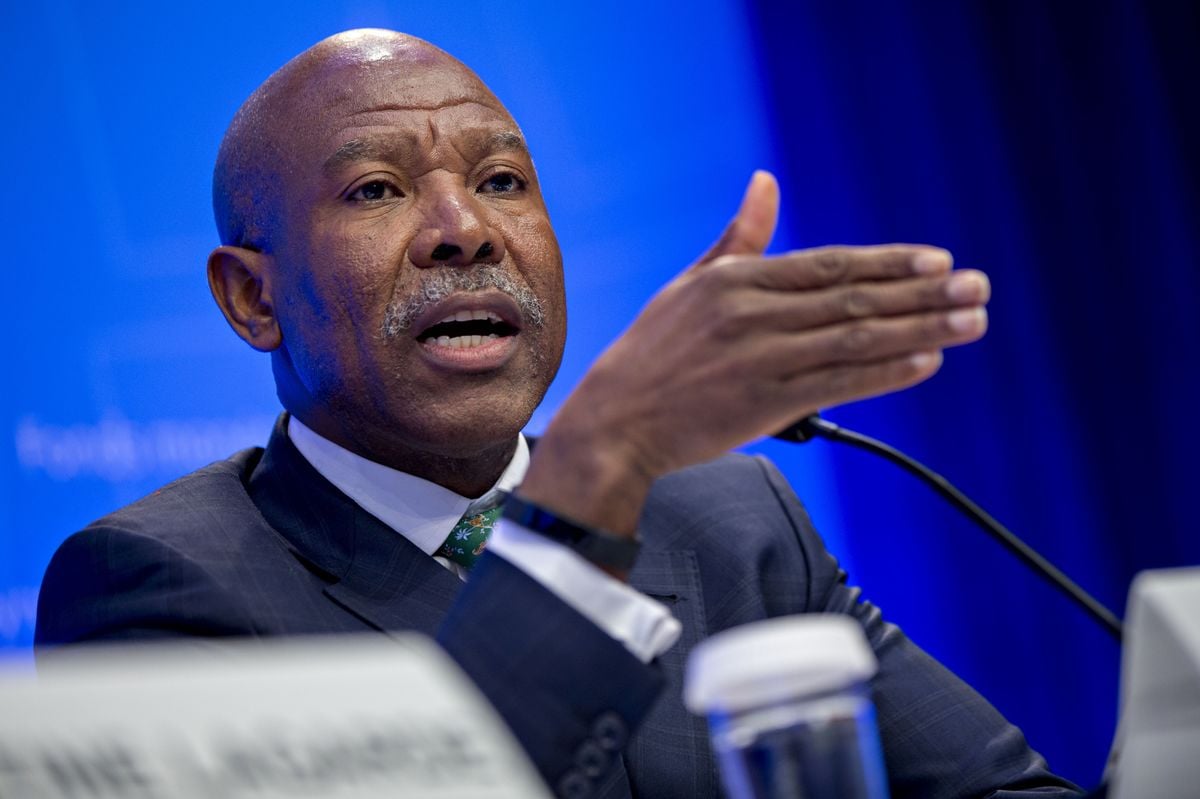Global Courant 2023-05-23 10:00:11
The South African Reserve Bank (SARB) is expected to raise the country’s interest rates this week (May 25).
In the most recent rate hike, the Monetary Policy Committee surprised markets with a 50 basis point hike as domestic concerns, including tax shedding, continued to drive food and fuel inflation.
Professor Andre Roux, an economist at Stellenbosch Business School, said recent events have strengthened the case for another hike this week – probably also by 50 basis points.
The professor said that given the central bank’s mandate to keep inflation between 3% and 6%, they have no choice but to announce a further increase on Thursday.
“Until a few days ago, many would have hoped that a 25 basis point increase would have been enough – especially in light of sluggish economic growth, persistently high unemployment, falling retail sales and the seemingly endless misery caused by pervasive load shedding, Roux said.
“Unfortunately, the recent currency turmoil has seemingly increased the likelihood of a 50 basis point increase.”
He said a 50 basis point increase was unlikely to result in a strengthening of the local currency; however, all things being equal, it could help to counter a rapid and vicious further weakening.
Nevertheless, he noted that a 25 basis point increase would be a more reasonable path at this stage — especially if the effect on the exchange rate of the alleged Russian arms deal proves to be short-lived.
On May 12, the South African rand fell to its then-low against the dollar at R19.47. This came on the back of the US embassy accusing the country of arming Russia, as well as investor fears over the possibility of a grid collapse. The rand has since hit a new record low of R19.52.
Roux said further rate hikes in the US and Europe suggest the war on inflation is not over.
In the context of South Africa, he said, the revelation that the government’s primary budget surplus that had been hoped for would not materialize suggests more fiscally induced inflationary pressures.
Recent consumer price inflation (CPI) data for March showed that the CPI accelerated to 7.1% and food inflation hit a 14-year high.
He said this is compounded by the announcement that wage increases for civil servants will be higher than budgeted.
“Minimum wages will rise faster than headline inflation, which means that unit labor costs will rise faster than labor productivity.”
“This will fuel inflation through the supply side of the economy. And if all this wasn’t enough, the effect on the already beleaguered exchange rate of the verge of speculation about an ‘arms deal’ with Russia has added to the insult,” said Roux.
Reflecting on the end of this long-winded cycle of rate hikes, Roux added that, in the absence of new major inflationary forces, this month’s hike could be the last for a while, with the next adjustment — a downside — sometime in the course of the year. first quarter next year.
One of South Africa’s largest banks, Nedbank, expects a 25 basis point hike, which is likely to be the last in the interest rate cycle that started way back in November 2021.
In its latest Economic Insights report, it said the MPC might make an aggressive statement, mainly citing concerns about the poor inflation outlook due to the weaker rand and persisting food prices, which may be exacerbating the negative impact of the divestiture on output. seem to reflect. cost.
The MPC will also be alarmed by the acceleration in core and services inflation, pointing to increasing price pressures, Nedbank said.
Economists at the Bureau of Economic Research believe a 50 basis point hike is imminent and warn that future hikes cannot be ruled out as the way forward remains murky.
Speaking as part of the real estate industry, John Jack, the CEO of Galetti Corporate Real Estate, said this rate hike will quickly follow the previous one, adding to the problems faced by landlords and property owners.
Jack said his company expects an increase of 25 basis points, which will put interest and repo rates at 8% and 11.50%, respectively.
Read: ‘New’ type of emigration hits South Africa – and young professionals are behind the drive








